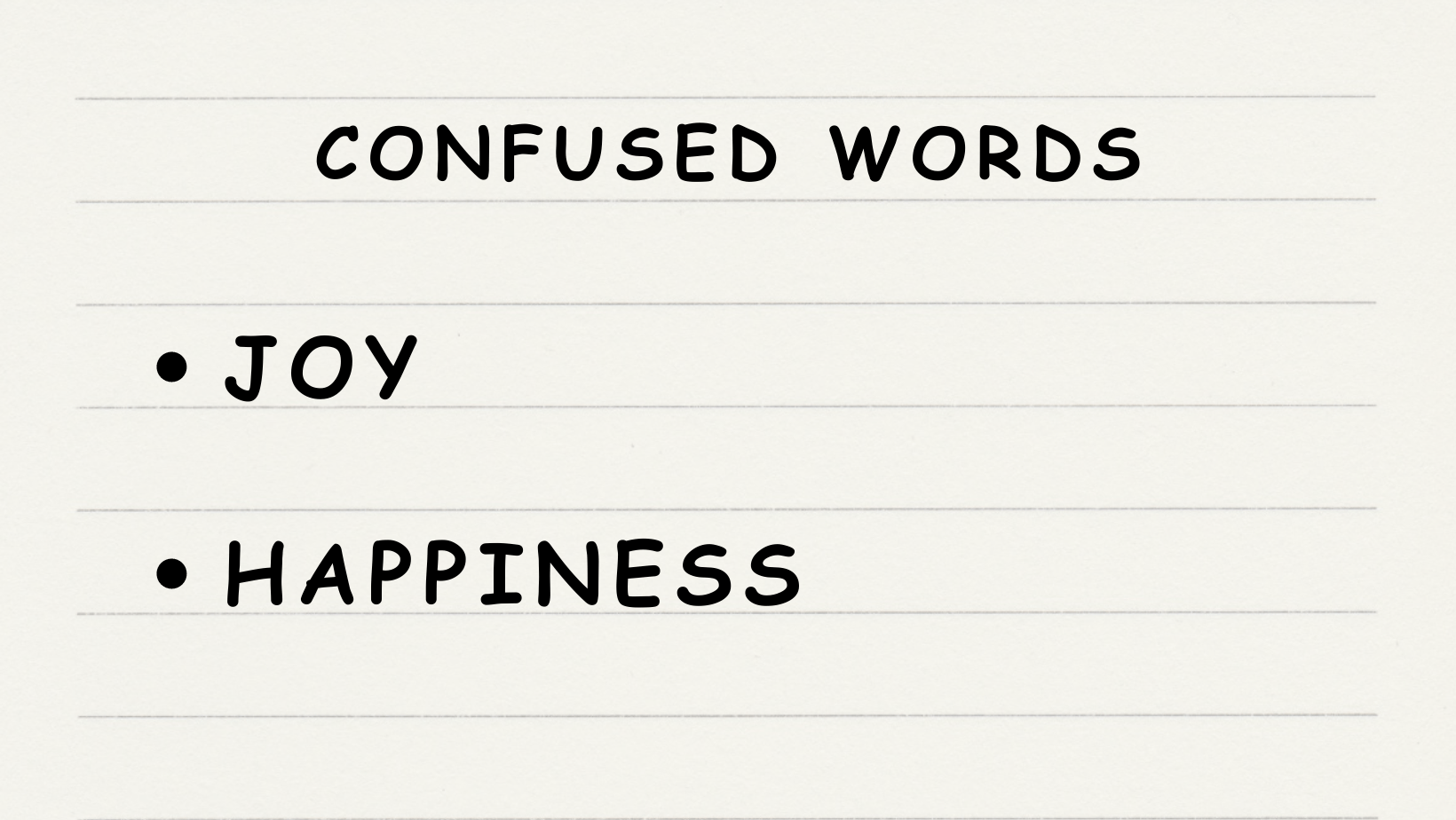
Hello, everyone! Today’s English lesson is about two terms that are often used interchangeably but have distinct nuances: “Believe” and “Trust”. Let’s unpack these two interesting words!
Believe
“Believe” (IPA: /bɪˈliːv/) means to accept something as true or real, even without absolute proof.
Here are 5 examples:
- I believe in aliens. (I accept the existence of aliens as real, despite lack of proof)
- She didn’t believe his excuse. (She didn’t accept his excuse as true)
- We believe in your capabilities. (We accept your capabilities as true)
- Do you believe in ghosts? (Do you accept the existence of ghosts as real?)
- They believe the earth is flat. (They accept as true that the earth is flat)
Trust
“Trust” (IPA: /trʌst/) refers to having confidence in someone or something, often in their reliability or truth.
Here are 5 examples:
- I trust my friend with my secrets. (I have confidence in my friend’s reliability with my secrets)
- You can trust this car to get you there. (You can have confidence in the car’s reliability to reach the destination)
- He didn’t trust her promises. (He didn’t have confidence in the truth of her promises)
- We trust you to make the right decision. (We have confidence in you to make the correct decision)
- Can we trust their intentions? (Can we have confidence in the truth of their intentions?)
Conclusion
In conclusion, while both “Believe” and “Trust” involve accepting something as true or real, “believe” is more about acceptance without proof, and “trust” is about having confidence in reliability or truth. These nuances add depth to our understanding and use of the English language.


